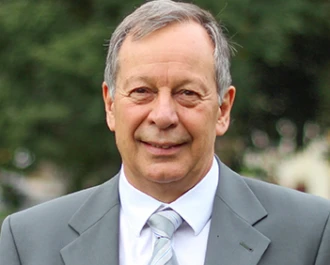
Gene editing is a relatively new technique which allows scientists to switch on or off particular genes in a cell. It is of particular interest in cancer, as tumour cells contain different genes to healthy cells. These cancer-specific genes can act as “on-switches” to encourage a tumour to grow, or they may cause the cancer to grow in a specific region, such as the breast. In addition, some genes are able to repair the intentional damage to cancer cells caused by chemotherapy or radiotherapy. This means that the cancer cell is able to fight the treatment, hence leading to poorer outcomes.
A new gene editing technology called CRISPR-Cas9 allows scientists to control which genes are expressed, thus changing the function of cancer cells. In short, the technique works by inserting a small piece of customised genetic code into the genome by using an enzyme to cut away the part that needs to be replaced. The technology is faster, cheaper and more accurate than previous DNA editing techniques.
A new NBCF-funded study by Associate Professor Pilar Blancafort at the Harry Perkins Institute of Medical Research will investigate the use of CRISPR-Cas9 technology for brain cancer and metastatic breast cancer. The project will target genes which allow the cancer cells to repair themselves during radiotherapy and chemotherapy, leading to treatment resistance.
Associate Professor Blancafort has developed specialised nanoparticles to transport the CRISPR-Cas9 therapeutics directly to the cancer cells.
“These nanoparticles are engineered to home in on the tumour, because they are targeted to a protein which is highly present on the cancer cell’s surface,” she explained. “These nanoparticles will be optimised to be able to get into the brain, where metastatic breast cancer cells often migrate.”
The study will aim to confirm that the nanoparticle transportation into the brain is effective and that the CRISPR-Cas9 treatment can stop tumour growth more powerfully in combination with standard treatments.
The project has been proudly supported by the NBCF and the Cure Brain Cancer Foundation.
More News Articles
View all News



